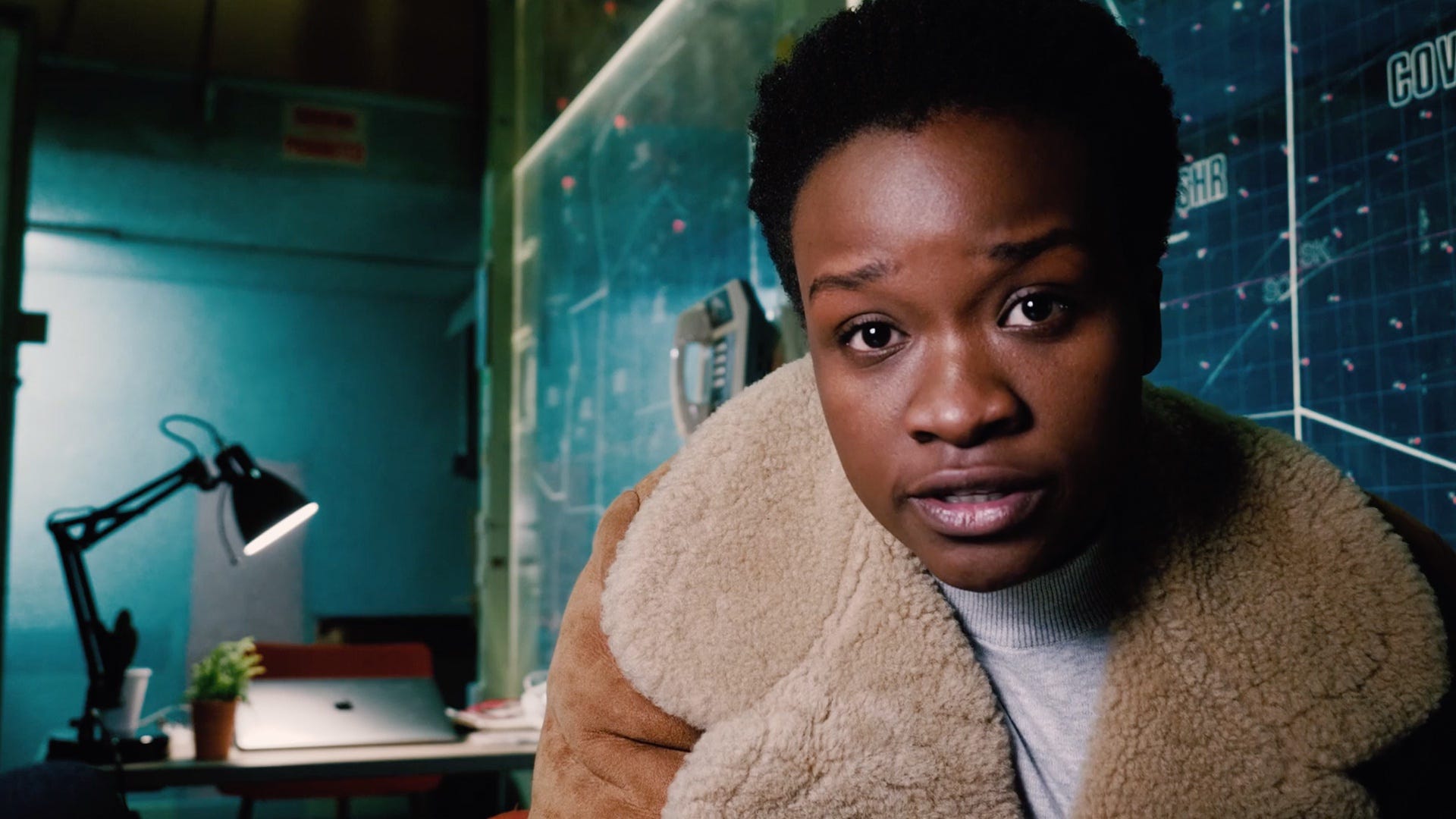
Emma McCoy has vanished; all that’s left is a VR game left on a drive in her backpack, says your commander. Your mission, should you choose to accept it, is to figure out what happened to her.
There are no other leads …and the clock is ticking.
In the high-stakes, espionage-soaked political thriller Traitor, created by theatre company Pilot Theatre, two participants must work together to solve the mystery of what really happened to the missing teenage spy Emma under mounting pressure from their commander. One participant will interact with the VR game through a headset; the other will interact with real world props which communicate with the VR through Arduino. Working as a pair, you’ll crack codes, track phone calls, and uncover clues to Emma’s whereabouts.
Traitor will make its world premiere in late April at the Tribeca Film Festival’s Virtual Arcade as part of its Storyscapes competition. We spoke to the project’s Creative Producer Lucy Hammond over email to learn more about how Traitor bridges the worlds of the live and virtual.
No Proscenium (NP): Can you tell us a little about yourself and your background in the immersive arts?
Lucy Hammond (LH): I am the Creative Producer for Traitor and work as Project Producer for Pilot Theatre, a touring theatre company based in York, UK. Traitor is my first project using immersive technology but I have previously produced immersive plays and experiences including ‘A Restless Place’ directed by Katie Posner, ‘Traitor’ the original theatre show and a gig in a Cold War Bunker.
NP: What, in a nutshell, is Traitor about?
LH: Traitor is a two player thriller exploring what it means to be a digital citizen. The whole story is framed around the mystery of a missing person and played against the clock. What you discover as you uncover clues may not be what you expect.
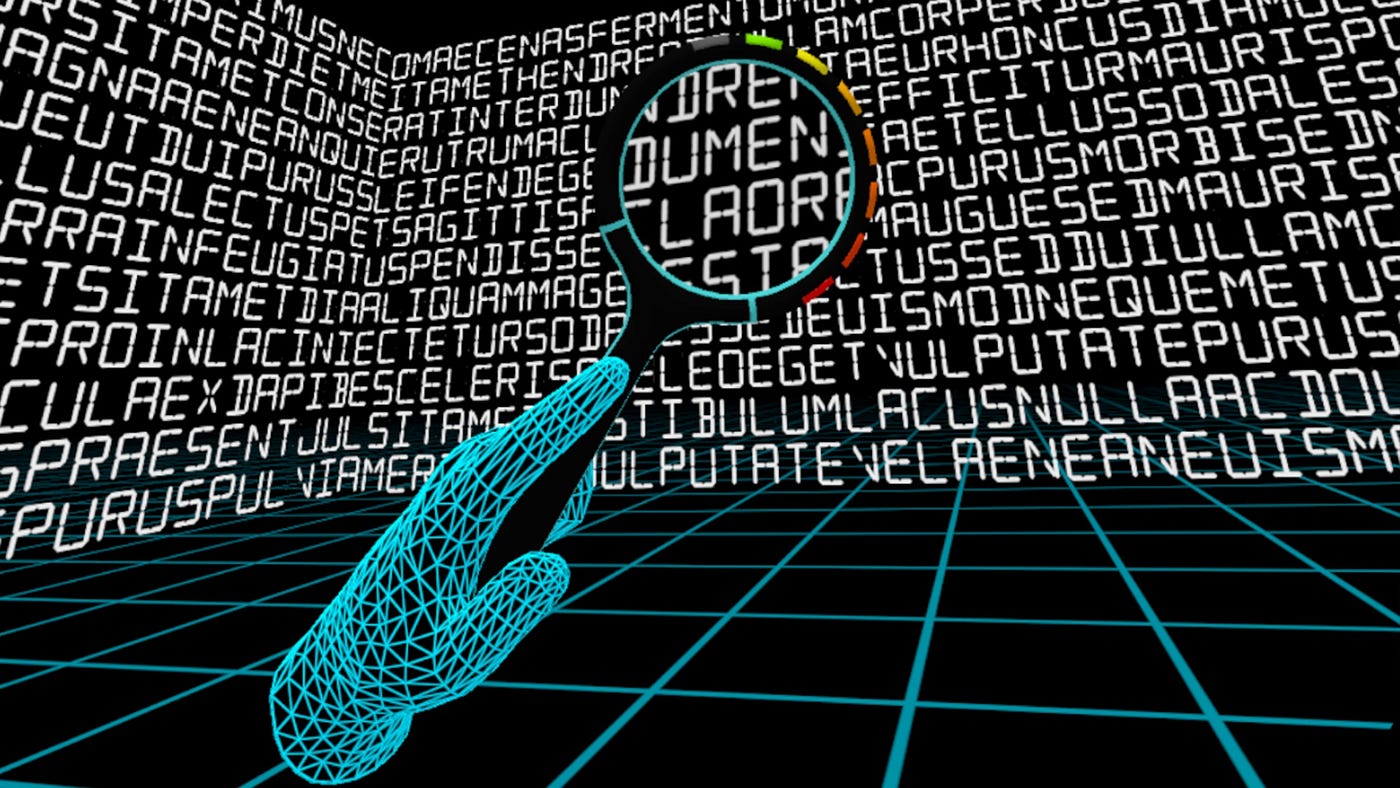
NP: Why did you create this experience?
LH: The experience was inspired by an interactive theatre show Pilot Theatre created with Teatret Vart in 2017. The directors Esther Richardson and Cecilie Lundsholt with Richard Hurford the writer had really hit upon a story and format that resonated with teenage audiences.
We often had teenage boys rebooking to come to see the show, which is so rare in theatre. We wanted to imagine the story for that audience using immersive technology and that’s where the idea for a VR experience came from.
NP: How is VR incorporated into the experience? What inspired the use of a virtual reality headset to help tell this story?
Get Kathryn Yu’s stories in your inbox
Join Medium for free to get updates from this writer.
SubscribeSubscribe
LH: In Traitor one person plays in VR, the other on a control desk in the room. We wanted to use the VR headset as an opportunity to create another dimension for one of the players inside a real space.
One player is given some of the information but can only complete the task in front of them by communicating with the other person. It also creates an element of trust, how can the person in VR know their teammate is being truthful and vice versa?
NP: How is the audience incorporated into the work? What kinds of choices can the participants make?
LH: I don’t want to give too much away but some of the choices come from answering questions from our live actor.
There is also a very big decision at the end.
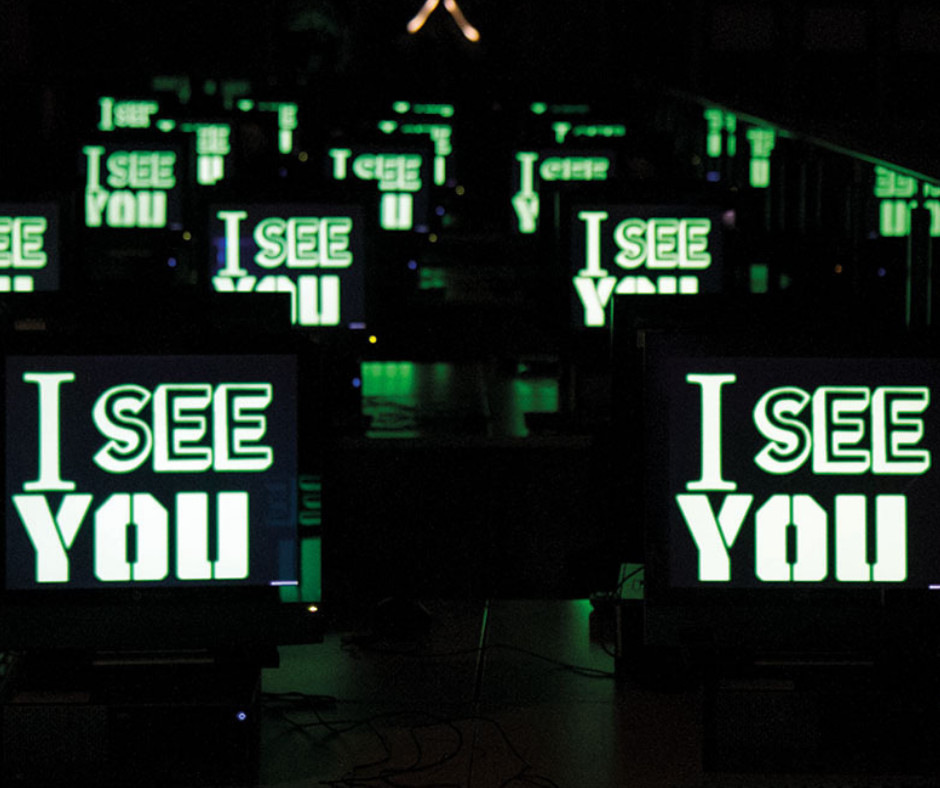
NP: How are you designing around audience agency, consent, and safety?
LH: We have done some careful testing around the moments where the audience has agency; we wanted to integrate the testing throughout the process as we devised the storyline. A lot of work has also gone into the introductory section of the experience to try and alleviate any worries or concerns for pairs of players who don’t know each other.
NP: Who is the ideal audience member for this experience?
LH: Someone who isn’t afraid to communicate and throw themselves into the task at hand. If the audience launch themselves into the world we set up and the role they need to play, that’s when they’ll get the most out of it.
NP: What do you hope participants take away from the experience?
LH: I hope that the audience come away from the experience feeling like they’ve achieved something together, whether that’s with someone they know or a stranger.
There’s something else to take away from Traitor — but to tell you would be giving too much away.
Traitor runs April 26 — May 4 as part of the Tribeca Film Festival’s Immersive Program. Tickets are $40 for a 3-hour time slot.
View all of our Tribeca Immersive 2019 coverage.
NoPro is a labor of love made possible by our generous Patreon backers. Join them today!
In addition to the No Proscenium web site, our podcast, and our newsletters, you can find NoPro on Twitter, Facebook, YouTube, Instagram, in the Facebook community Everything Immersive, and on our Slack forum.
Office facilities provided by Thymele Arts, in Los Angeles, CA.



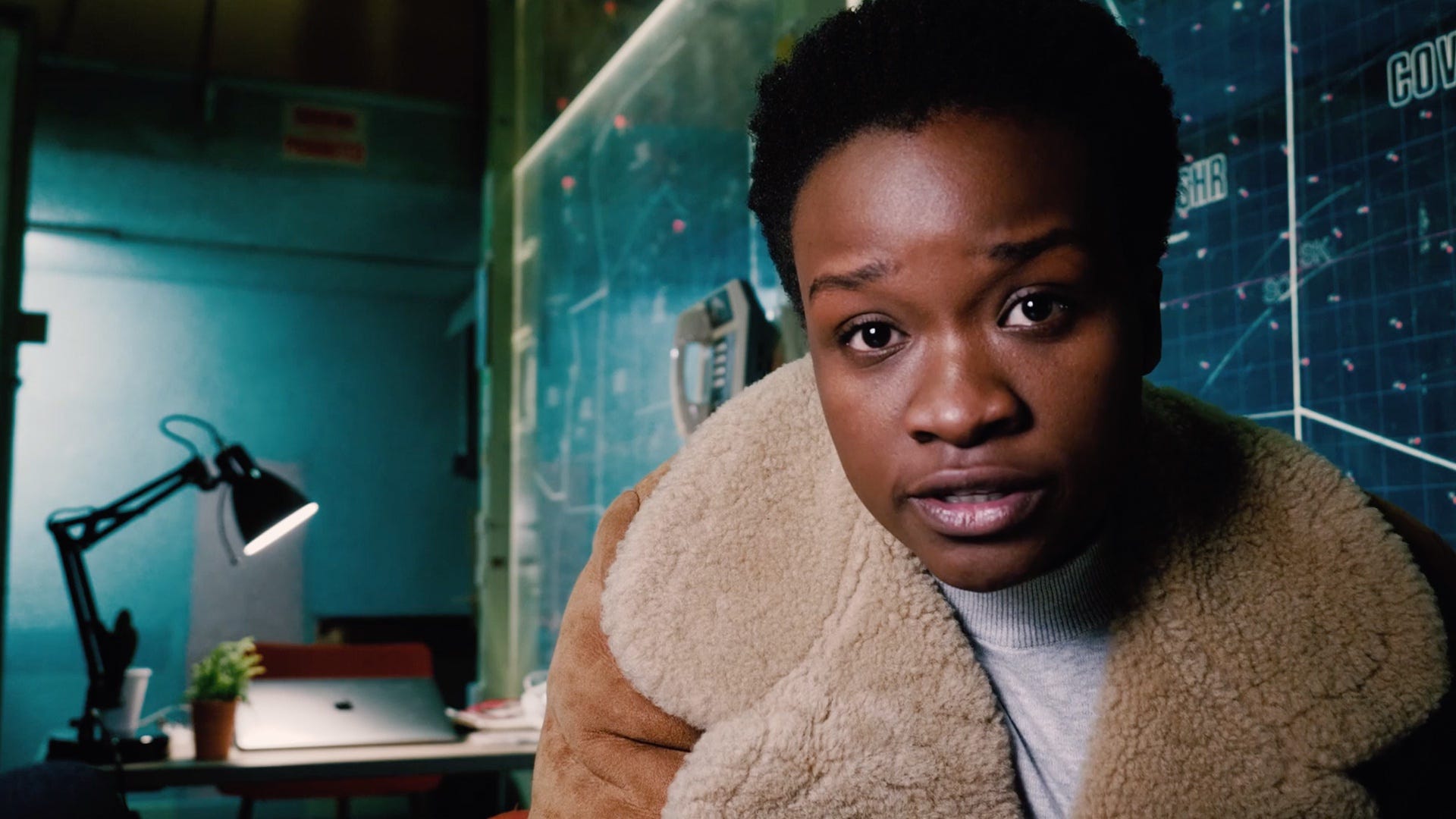





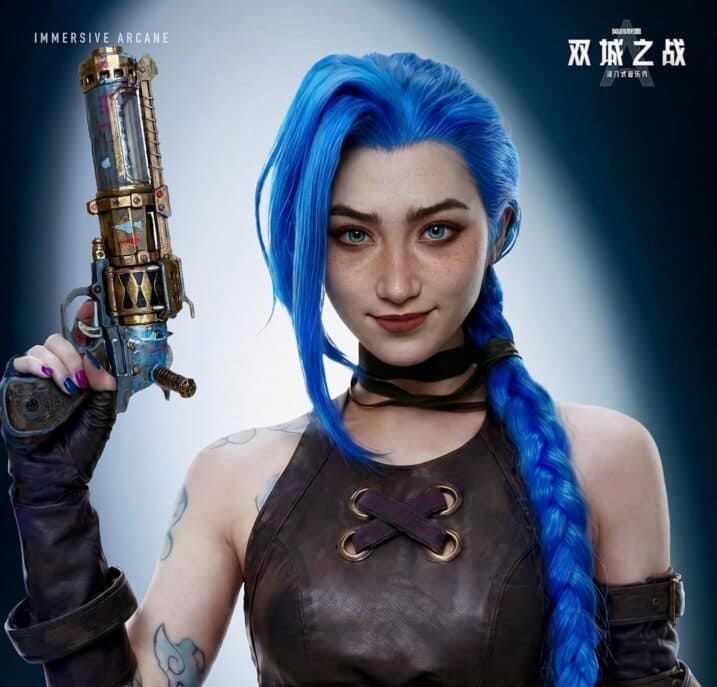


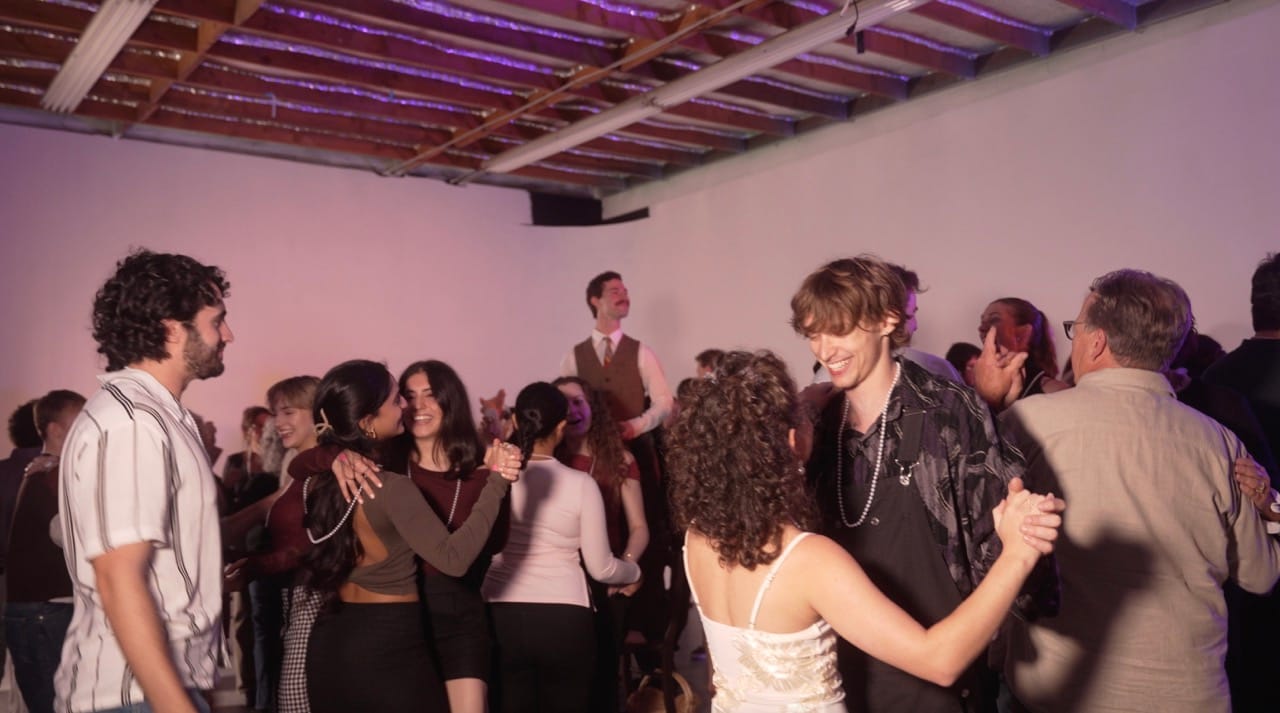
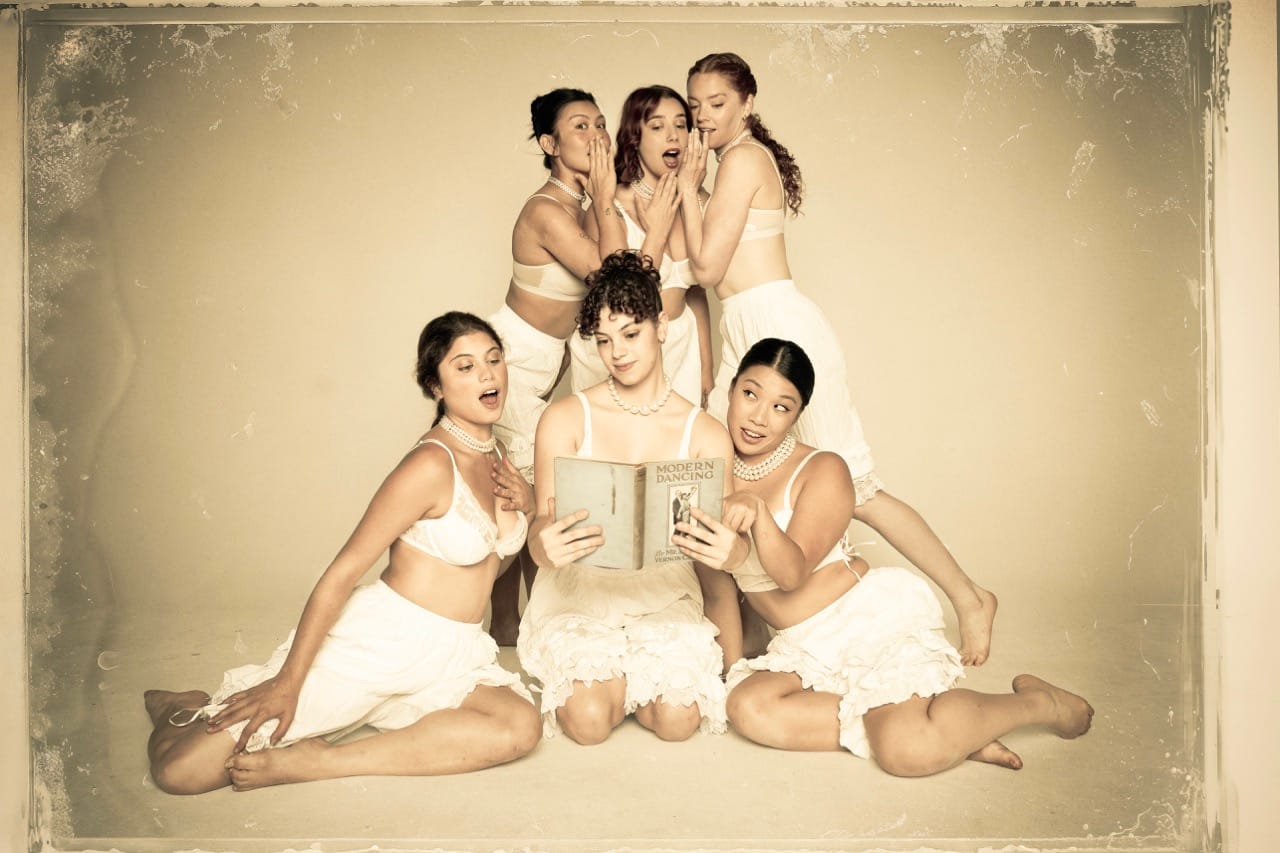
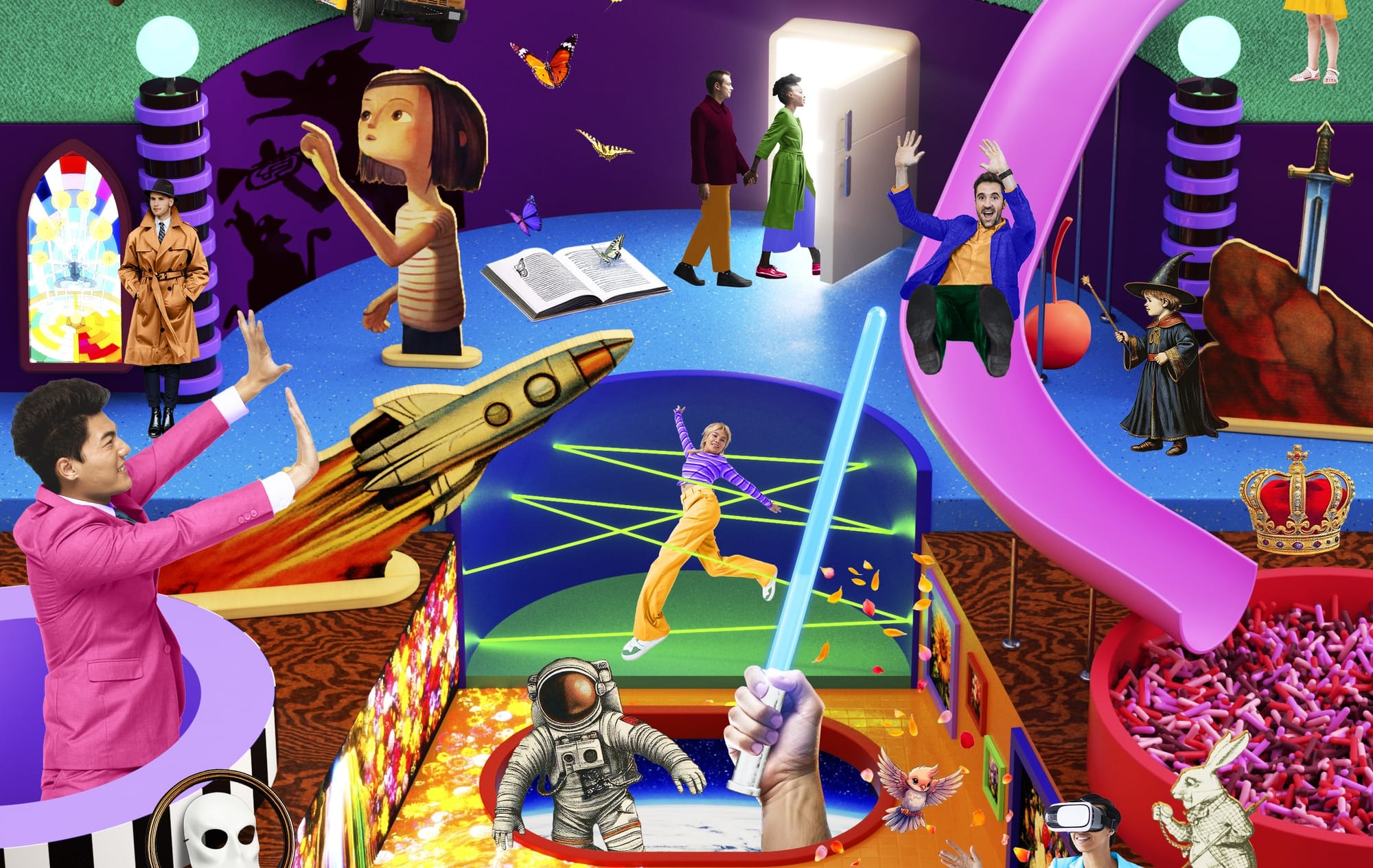
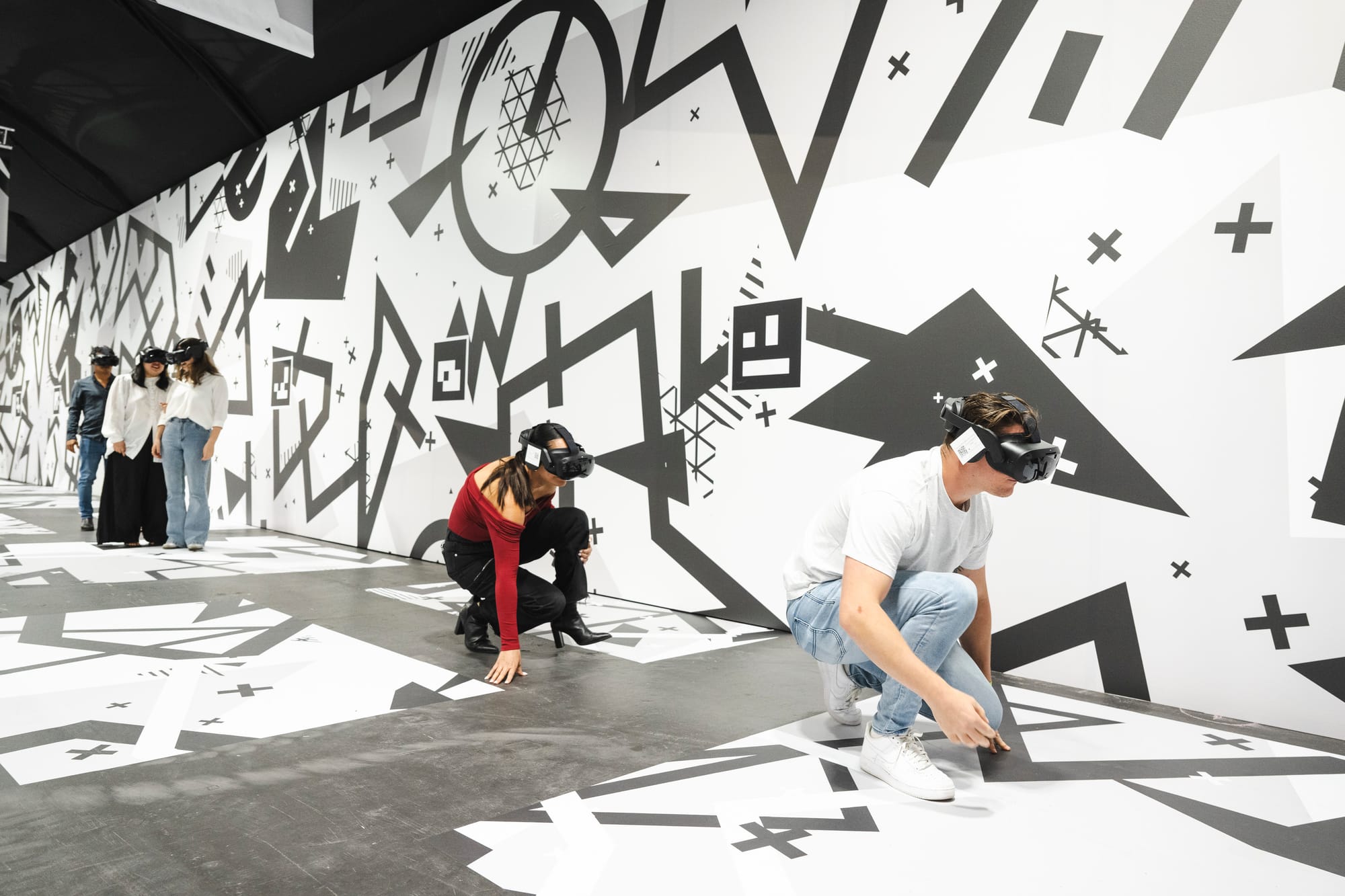
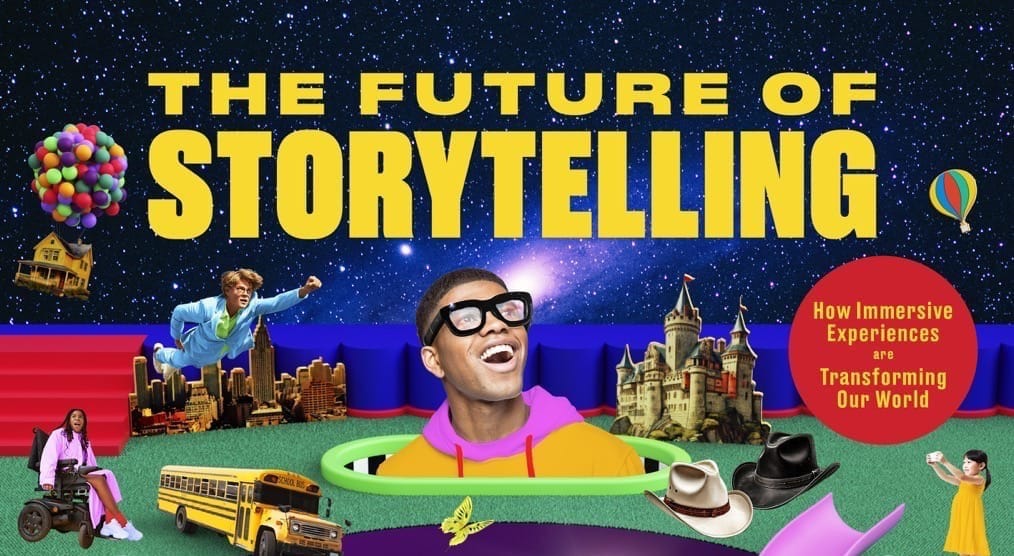


Discussion